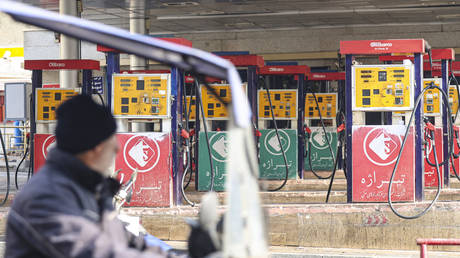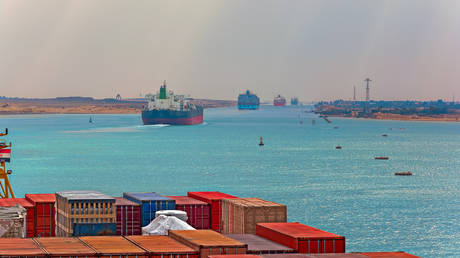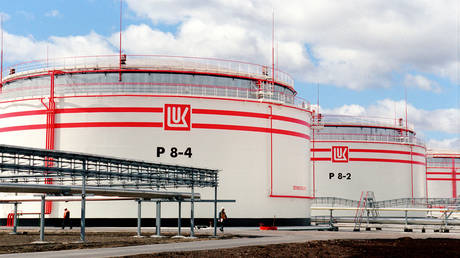The currency’s reputation has been jeopardized by Brussels’ freezing of Russian assets, Elvira Nabiullina says
The euro could lose its status as a global reserve currency if Brussels goes through with threats to use frozen Russian assets to help Ukraine, the head of the Russian central bank, Elvira Nabiullina, warned on Friday.
“As for the withdrawal of income from investing frozen funds, both the withdrawal and, in principle, the freezing of funds, in our opinion, worsens the prospects for the development of the euro as a reserve currency [and] its use in international settlements,” she said at a press briefing.
Nabiullina noted that the regulator is currently working on ways to return the frozen assets, possibly through court, though the process could be “challenging.”
The EU, US, and their allies have frozen billions worth of Russian sovereign assets and property belonging to Russian individuals and entities since last year as part of a sanctions campaign against Moscow over the Ukraine conflict. Western states have been actively exploring ways to use these funds to aid Kiev, despite repeated warnings from both Russia and numerous Western experts that this could jeopardize global trust in the Western financial system and its currencies.
EU proposals have so far focused on skimming off profits generated from Russian assets held in its depositories, such as Euroclear, where €191 billion ($208 billion) in sovereign assets are held, instead of seizing the funds outright, as the latter could be more legally challenging.
READ MORE: EU state pledges to send profits from frozen Russian assets to Ukraine
However, according to this week’s report from the Financial Times, citing an unnamed G7 official, the group has recently stepped up discussions on seizing Russia’s sovereign assets “as a countermeasure to induce Russia to end its aggression” and already determined a way to do it “consistent with international law.” The group is reportedly planning to come up with a detailed proposal by its leaders’ meeting on the second anniversary of the Ukraine conflict in February next year.
Russia considers the freezing of its assets unlawful, and the potential seizure of the funds as outright theft.
For more stories on economy & finance visit RT's business section

 1 year ago
456
1 year ago
456







 English (US) ·
English (US) ·